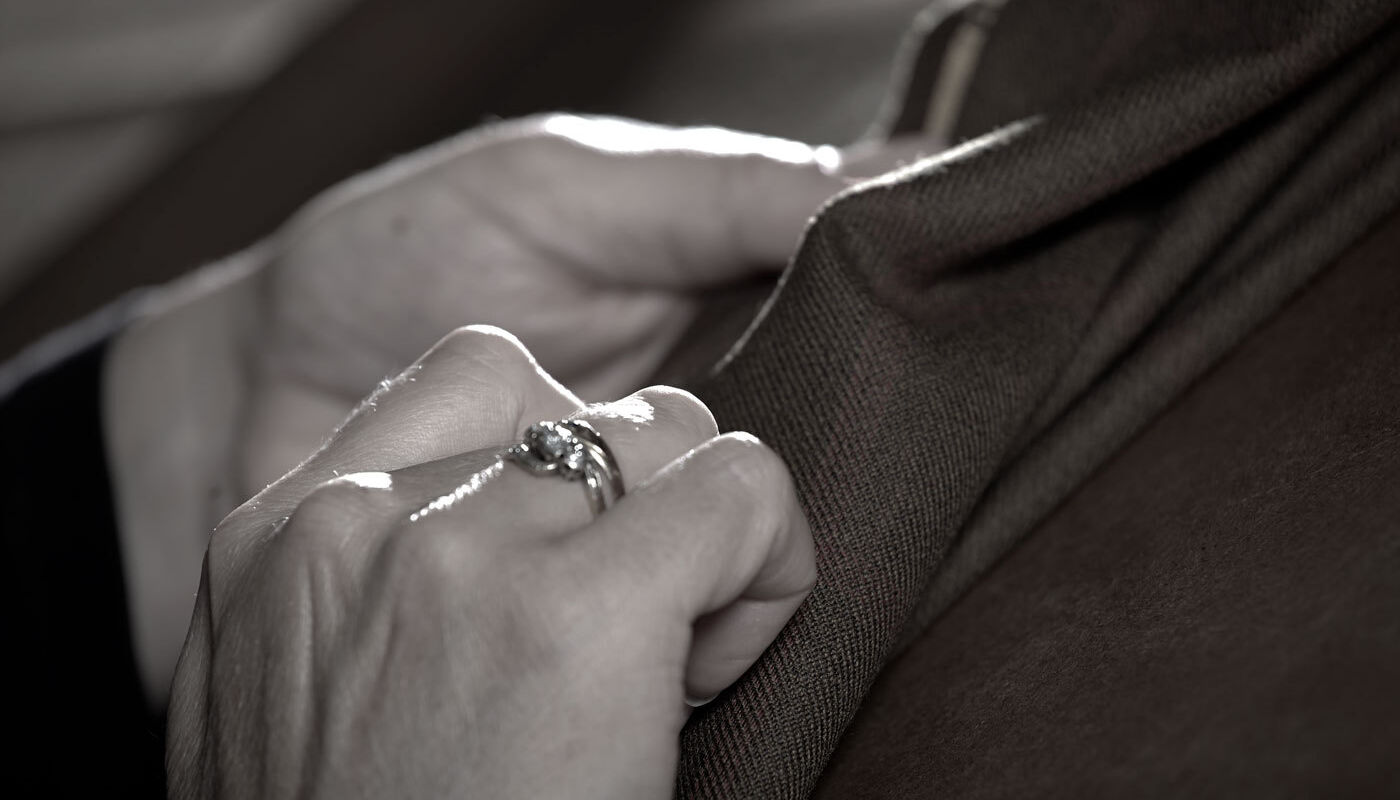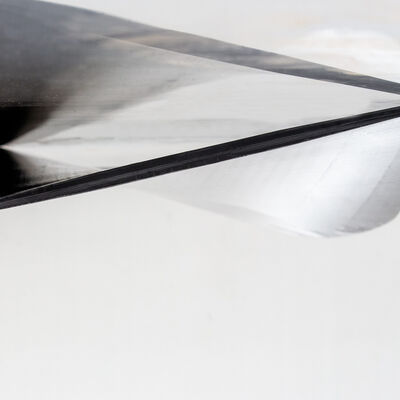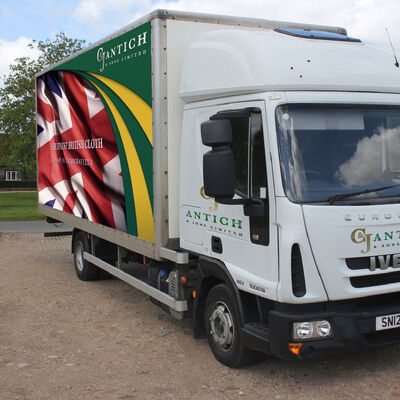Today, as in years past, the British, made in Huddersfield label is linked with the best in woollen and worsted cloth, and carries a cachet which is indisputable.
The provision of woollen coverings, firstly in the form of raw wool and later in clothes, has been a trade of great importance in England for more than 600 years. Even today the Lord Chancellor of England sits in the House of Lords on a woolsack- a reminder of the fact it was wool which first bought prosperity to England in the Middle Ages.
Magnificent churches and gracious house can be seen in many parts of England, even in quiet small villages, which owe their existence to the wool and cloth trade.
The cloth manufacturers are also responsible for many of the names by which Englishmen are known, for instance, Weaver, Walker, Fuller and Dyer. An unmarried woman is still known as a spinster.
Although the methods of converting raw wool into cloth have changed vastly over the years, with the introduction of new forms of power and new types of machinery, it still remains an industry in which the individual craftsman is of great importance. It is also an industry mainly in the hands of long established companies with years of experience and tradition behind them.
The history of textiles is long and eventful, steeped in tradition and intrinsically woven into the heritage of West Yorkshire.
The name of Josiah France has been connected with cloth making at Honley, Huddersfield, since 1880 when he rented one of the original mills in the village. Cloth making at Honley goes back to 1344 and Josiah France himself came from a family already well-established in the days of handloom and cottage weaving.
Over the years the company prospered and expanded, changing first of all from water power and hand loom weaving to steam, and later to all-electric power. A consistent policy has established the name of Josiah France, throughout the world, as synonymous with top quality worsted cloth. In spite of changes in overseas markets resulting from two world wars and other upheavals, the company succeeded in finding markets by constant attention to changing tastes and production methods. 85% of Josiah France worsteds are exported, either directly or indirectly.
Records show that cloth manufacture has been carried out on the site of Cam Mills since 1532. The company dates back to the 1860’s when Mr Thomas Hunt joined forces with Mr Arthur Brend Winterbotham and the present company title was registered in 1887.
Since 1920 the company has been linked with other West of England mills in the Winterbotham, Strachan & Playne group, which has subsidiaries in Trowbridge and Huddersfield and a sales organisation operating from London, France, Italy and Belgium.
From the 1800’s the company has successfully exported to all parts of the world and currently some 50% of the 400,000 yards of cloth produced annually at Cam Mills is sold overseas under the name Cam Mills (West of England) Limited.
In addition to its woollen and worsted flannels, doeskins and coatings, the company was renowned for its speciality products, piano bushing cloth and billiard table cloth.
Trafalgar Mills in Huddersfield were built in 1896. The building was designed by the founder of the firm, Mr A E Learoyd, and its basic layout was so modern in concept that, apart from the introduction of new types of machinery, no changes were necessary to maintain its reputation as one of the best planned mills in the industry.
This sound planning, combined with the use of the best machinery available and the high standards of the workers employed, enabled the company to establish itself as a manufacturer of some of the finest worsteds in the world.
The company produced some 7,000 pieces of cloth per year, of which 80% was exported and a further 15% was exported indirectly.

















